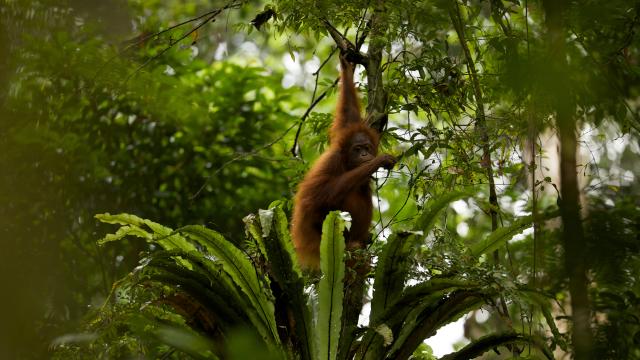Forest Discovery Mission
Action Challenge
15+ minutes / Inside and Outside
Your class will become forest scientists sent to ‘collect data’ from their senses in a newly discovered forest, inspired by how orangutans use their senses to explore their home forests.
Learning outcome: Pupils will learn to move and communicate creatively through a sensory journey in nature. They will develop coordination, spatial awareness and teamwork while using physical activity to communicate mood, environment, and emotion.
HBN FAQ Slice
Instructions
- Watch the video as a class.
- Let the class know they are going to go on their own forest discovery mission!
- Ideally outside in nature, put pupils into small groups.
- Share that they must imagine and act out a journey through a ‘forest’ environment, focusing on the sensory experience of nature and the animals they find there; what do you see, hear, smell, and feel (e.g. happy, carefree, creative).
Share that orangutans in the forest of Borneo, like those in the video stimuli, also use their senses to explore the forest; this is how they find places to eat, sleep and play!
Either:
- If time allows, groups could lead the rest of their class on a journey through their forest, sharing their observations and feelings.
- Or ask groups to pair up with someone in another group and share what they experienced in their ‘forest’.
Adaptations
- Provide prompts such as “I hear a rustle, what could it be?” and “Did anyone hear that bird?”
- Verbal discussion instead of physical task: ask for a single observation from each pupil.
- Complete indoors: use class discussion or partner/group mind map if in the classroom.
Extensions
- If exploring nature/outdoor environment, also examine nature around you e.g. leaves, bugs, rocks.
- Lead your own mission at home – take a walk in nature and share your senses exploration with your family.
- Role-play interviews with ‘scientists’ (each other, other classes).
Orangutan Nest Designer
Creative Challenge
5+ minutes / Inside
Orangutans are master nest builders – can your pupils give them a run for their money?
Learning outcome: Pupils will use art, design and technology to solve problems by designing and making orangutan-style nests. They will develop motor skills, teamwork, and creative problem-solving while applying knowledge of materials and 3D structures.
Instructions
- Distribute paper and pencils (or crafting materials of your choice).
- Share with pupils that orangutans are master nest builders – every night they build shelters high in the forest canopy using branches and leaves - quickly, with limited resources, and using clever techniques.
- Let them know they have 5 minutes to draw/design what they think an orangutan shelter might look like (on paper).
- If you have time, ask each group/pair to talk about their nest, how it’s made, what materials they used, and how it is structured.
Adaptations
- Change to a different animal shelter which is more familiar or locally relevant, e.g. birds nest.
Extensions
- Create a hand-sized model e.g. using sticks or pencils and blue tack.
- Research different animal shelters and compare them and the forests they exist in.
- Adopt an orangutan as a class and get more information about orangutans.
Browse activities
-
Pillar: Exploring
 © naturepl.com / Tim Laman / WWF
© naturepl.com / Tim Laman / WWFExplore the forest of Borneo
-
Pillar: Exploring
 © Chris Johnson / WWF-Aus
© Chris Johnson / WWF-AusExplore the polar regions
-
Pillar: Caring
 © Luis Barreto / WWF-UK
© Luis Barreto / WWF-UKListen to the Amazon rainforest
-
Pillar: Caring
 © Richard Barrett / WWF-UK
© Richard Barrett / WWF-UKWalrus from space - activity for schools
-
Pillar: Communicating
 © Andy Rouse / naturepl.com / WWF
© Andy Rouse / naturepl.com / WWFForest inspired art
-
Pillar: Communicating
 © James Morgan / WWF-UK
© James Morgan / WWF-UKPolar storytelling
-
Pillar: Reflecting
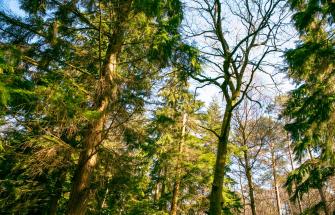 © Forestry England
© Forestry EnglandForest reflections with poetry
-
Pillar: Reflecting
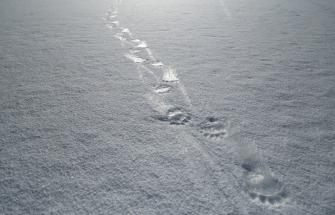 © WWF / Clive Tesar
© WWF / Clive TesarPolar Perspectives
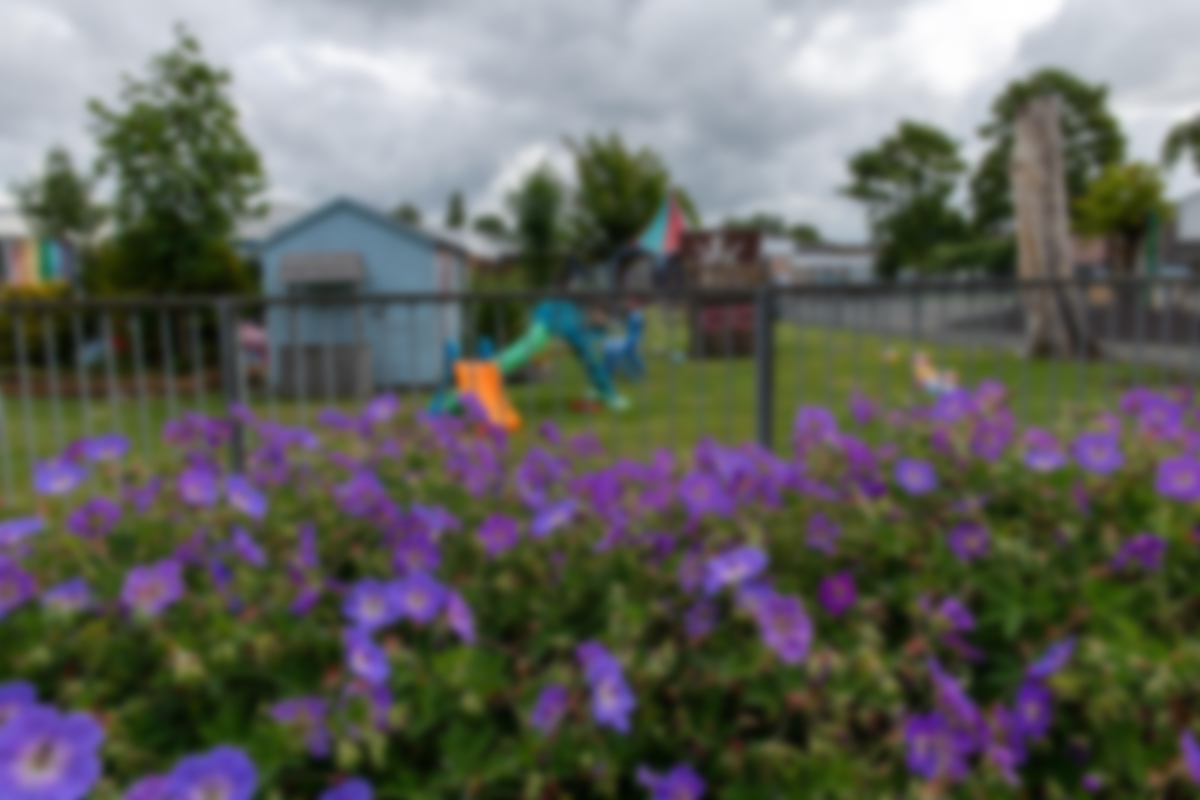
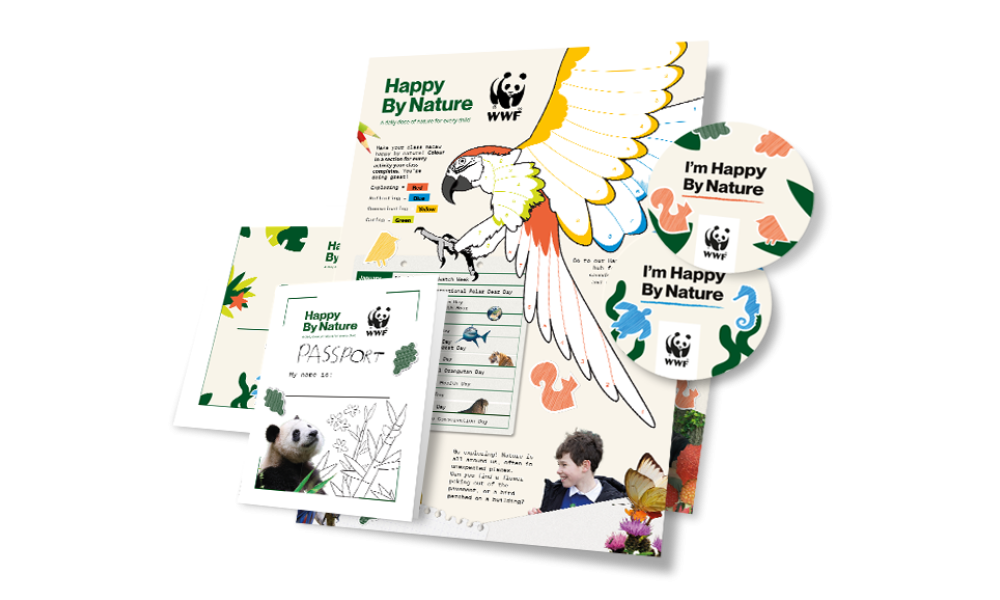
Get your FREE classroom pack
Get your FREE classroom pack
Bring nature into your classroom with a free pack of engaging primary resources to support learning and track progress. Includes a vibrant poster, pupil passports, stickers, and panda pawprint stamps.


